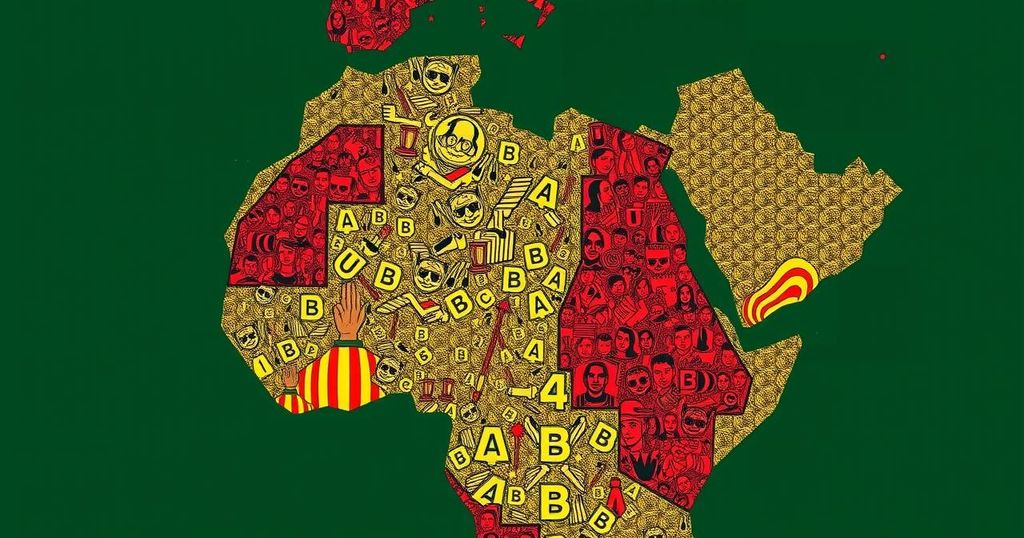What Divided African Democracies Can Teach America

The article explores the potential for electoral violence in democracies, emphasizing the need for trust in electoral systems as crucial to preventing unrest. It draws lessons from African nations such as Ethiopia and Gambia, highlighting how ethnic rivalries and the absence of civil society can escalate tensions during elections. It also urges the U.S. to strengthen its democratic frameworks to enhance electoral integrity and prevent similar issues.
The dynamics of electoral violence across various democracies provide significant lessons for the United States, particularly in a political climate marked by polarization. In many African nations, elections often escalate into tense and potentially violent confrontations, a stark contrast to the celebratory notion of democracy witnessed elsewhere. The experience of Ethiopia exemplifies this predicament, where the 2020 electoral postponement—ostensibly due to the COVID-19 pandemic—was seized upon by factions within the country to foster unrest. The erosion of trust in electoral integrity, exacerbated by violent rhetoric and a lack of institutional checks, has led some opposition groups toward armed rebellion, highlighting the perils of a politicized identity driven by ethnic rivalry. Furthermore, the case of Gambia demonstrates how fostering a commitment to non-violence through codes of conduct among candidates can assuage tensions. The presence of civil society and credible guarantors is critical in mitigating the risks of violence, as seen juxtaposed against Nigeria’s experience, where the absence of such frameworks led to significant electoral disquiet. The broader implications of these cases reveal that electoral violence is influenced by the systemic support for democratic norms and institutions, as well as the respect granted to political minorities. A context characterized by winner-takes-all politics not only jeopardizes electoral fairness but can lead to the violent capturing of state power. To foster more resilient democracies, countries must strive toward systems that promote inclusivity, transparency, and a shared commitment to electoral integrity, thereby reducing the stakes of political competition and enhancing stability amidst diverse political landscapes.
The article discusses the challenges of electoral violence in various African democracies and draws parallels to the political climate in the United States. It highlights critical case studies, particularly Ethiopia and Gambia, showcasing how electoral integrity, the role of ethnic identities, and the importance of civil society can either exacerbate or mitigate political tensions during elections. The overarching theme underscores the necessity of fostering trust in democratic processes to prevent violence and ensure fair outcomes in elections.
In conclusion, the experiences of African democracies illustrate the complex relationship between electoral integrity, societal trust, and political violence. The key takeaway for the United States is the imperative to establish robust frameworks that promote transparency, inclusivity, and respect for political diversity. By learning from these examples, it is possible to enhance the resilience of democratic institutions and safeguard against the specter of electoral violence in future elections.
Original Source: foreignpolicy.com






